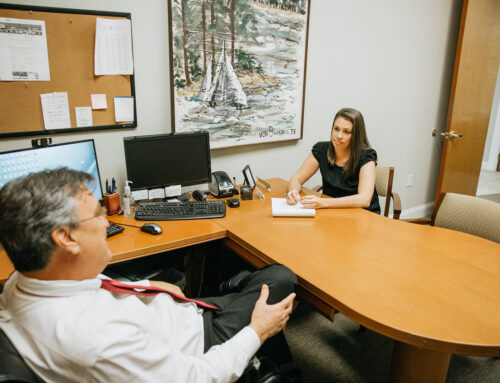Unfortunately, one of the most devastating effects of the COVID-19 pandemic has been financial hardship. Even if no one in the family ever got sick, work slowdowns and layoffs have taken a significant toll on individuals and households across Florida. The situation has resulted in millions of people being forced to find new ways to provide for their families and pay their bills.
Filing for bankruptcy is one way these individuals are researching to manage their debt. If you have been adversely affected in your finances due to COVID-19, some recent changes to the law may help you with your current payment plan.
Changes in Bankruptcy Laws Since the Pandemic
The Coronavirus Aid, Relief, and Economic Security Act (CARES Act) altered several laws regarding both business and personal bankruptcy. Some people may be eligible for an extension on their bankruptcy repayment plan due to “material financial hardship” due to COVID-19. In some cases, bankruptcy may not be necessary at all, which is why it is essential to consult with a bankruptcy expert or attorney before proceeding.
Section 1329 of the Bankruptcy Code was altered to include critical changes, most prominently allowing the debtor to request revisions to their Chapter 13 plan. These requests may consist of lowered payments or an extension on payment deadlines. Individuals must prove that they have experienced (or are experiencing) direct or indirect material financial hardship because of the pandemic.
Any bankruptcy plan that is changed under this provision may be extended for up to seven years, adding two years onto the current five-year legal limit.
Material Financial Hardship Defined
The CARES Act does not explicitly define “material financial hardship,” leaving the definition to the courts’ discretion. Typically, the definition includes economic hardship that poses a threat to health and wellbeing. Material financial hardship limits or restricts access to food, shelter, and other vital needs for survival. Job loss and loss of income are common causes of material financial hardship.
Modifications to Chapter 13 Repayment Plan
If you already have a Chapter 13 bankruptcy repayment plan and are struggling to make payments, you may be eligible to request changes, such as lowering your monthly installments.
Your original payment plan took into account income, types of debts and expenses, and the nonexempt property you owned. If you lost income due to COVID-19, you might be able to restructure your payment plan, but the fundamental decision is based on types of debt and nonexempt property.
- Types of debts – Child support, alimony, and many tax obligations are required to be paid in full regardless of your financial situation. However, debts such as medical bills, credit card balances, and personal loans are not. If most of your debt must be paid in full, you may not be able to lower your payment successfully.
- Nonexempt property – Chapter 13 bankruptcy requires that unsecured creditors are paid at least as much as they would have been paid under Chapter 7 if your assets exceeded the available exemptions. Unsecured creditors would have been entitled to your nonexempt property value under Chapter 7; therefore, if you are required to pay unsecured creditors, it could prevent you from reducing your payment below that amount.
Next Steps
To modify your current bankruptcy plan, you are required to file a motion with the court. It must then be served to the bankruptcy trustee, as well as all of your creditors. A motion to modify will involve:
- A written explanation of why your payment should be reduced
- A hearing date.
- The proposed new payment plan
Your trustee and creditors will have the opportunity to review – and then accept or reject – the proposed plan. If either object to the amended plan, they can explain their position to the judge, allowing the judge to make a final ruling.
If you already have a bankruptcy payment plan but are struggling due to factors related to COVID-19, call the Sarasota law offices of bankruptcy attorney Richard V. Ellis. We can help.





